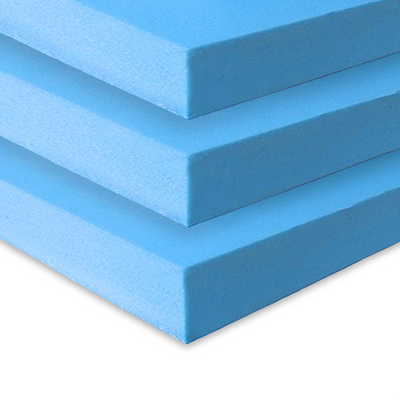
Insulating your garage door is a great way to improve energy efficiency in your home. A well-insulated garage door can help regulate the temperature in your garage, making it more comfortable to work in and reducing energy costs. With a variety of insulation materials and options available, it can be overwhelming to choose the best one for your garage door. This guide will help you navigate the different types of garage door insulation and make an informed decision for your home.
Types of Garage Door Insulation
Foam Board Insulation
- Easy to install
- Provides good insulation
- Lightweight
Fiberglass Insulation
- Good thermal performance
- Relatively inexpensive
- Resistant to moisture
Reflective Foil Insulation
- Reflects heat away from the garage
- Easy to install
- Effective in hot climates
Factors to Consider
R-Value
The R-value of insulation measures its thermal resistance. The higher the R-value, the better the insulation performance. Consider the climate in your area when choosing the R-value for your garage door insulation.
Material
Each type of insulation material has its own pros and cons. Consider factors like cost, ease of installation, and effectiveness when choosing the material for your garage door insulation.
Moisture Resistance
If your garage is prone to moisture or humidity, opt for insulation materials that are resistant to moisture to prevent mold and mildew growth.
Installation Methods
Spray Foam Insulation
This method involves spraying polyurethane foam onto the garage door, providing a seamless layer of insulation. It is effective in sealing gaps and cracks.
Panel Insulation
Panel insulation involves attaching pre-cut insulation panels to the garage door. This method is relatively easy to do and provides good insulation.
Batt Insulation
Batt insulation comes in rolls or sheets and is cut to fit the garage door panels. This method is cost-effective but may require more effort for installation.
Cost Considerations
The cost of garage door insulation can vary depending on the type of material, installation method, and size of your garage door. Consider your budget and the long-term energy savings when choosing the best insulation for your home.
DIY vs. Professional Installation
While installing garage door insulation can be a DIY project, professional installation may ensure a proper and efficient insulation job. Consider your skill level and the complexity of the insulation method when deciding between DIY and professional installation.
Conclusion
Choosing the best garage door insulation for your home involves considering factors such as R-value, insulation material, moisture resistance, installation method, cost, and whether to opt for DIY or professional installation. By weighing these factors carefully, you can select the right insulation that will improve energy efficiency, regulate temperature, and enhance the comfort of your garage space.
